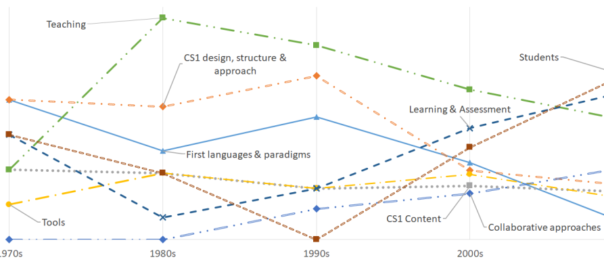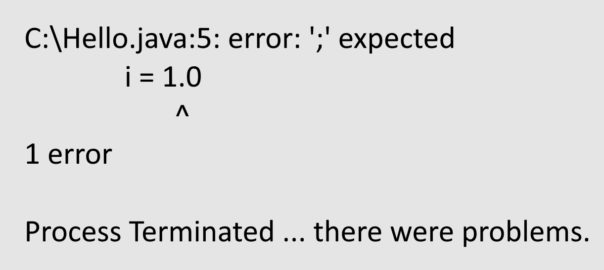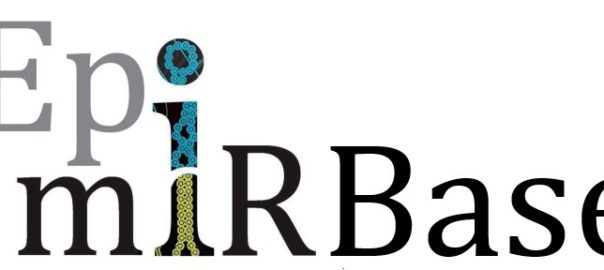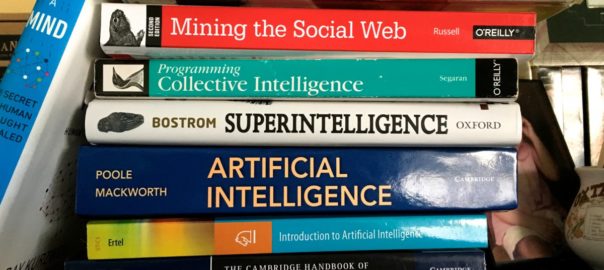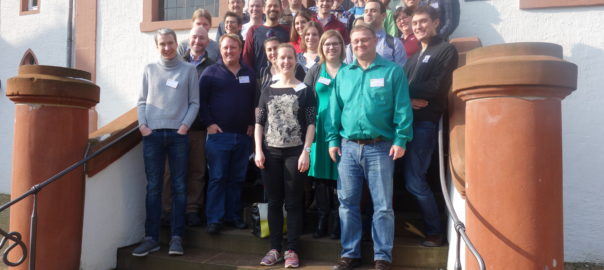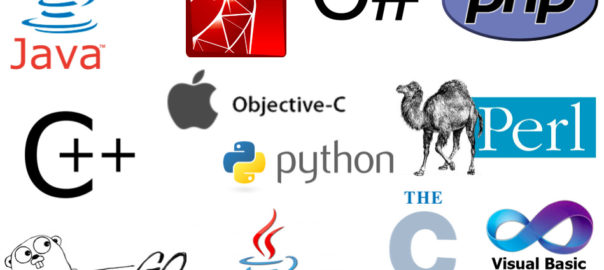Brett, Ray and Paul would like to invite you to consider joining our ITiCSE 2019 working group on “Compiler Error Messages: Difficulties, Design Guidelines and Effectiveness”. A detailed description of the goals for this working group is here: https://iticse.acm.org/working-group-details/#WG10. You can also find our contact information there.
Compiler error messages have been researched for over 40 years with one obvious consensus: they present substantial difficulty and could be more effective, particularly for novices. They are often vague, imprecise, confusing and at times seemingly incorrect. For example, here is one of Brett’s favorite C error messages: “expected ‘=’, ‘,’, ‘;’, ‘asm’ or ‘__attribute__’ at end of input”. Various studies have analyzed the types and frequency of Compiler Error Messages (CEMs) that students generate; others have explored how ‘standard’ error messages can be enhanced to make them more usable; and others have sought to determine how the effectiveness of CEMs can be measured. Additionally, many sets of CEM design guidelines (explicit and implicit) exist but they span several decades and many of them are conflicting, leaving the way forward unclear.
Our working group will review these guidelines and evidence and present a state-of-the-art report. We hope this will serve as a starting point for those who wish to design better compiler error messages or measure their effectiveness, more effectively!
If you are interested in joining us, please send an email to all three of us (contact info here) with the following information:
- your name, institution, country, and email address;
- an explanation of your interest in the working group;
- your experience relevant to the goals of the working group;
- any further information requested in the description of the particular working group;
- an assurance of your availability and willingness to take active part in the work of the working group before, during, and after the conference;
- an assurance of your intention to register for and attend ITiCSE (this is a condition of working group membership) as described on the working groups information page for ITiCSE 2019: https://iticse.acm.org/working-groups/
We hope to see you in Aberdeen!
Brett, Ray and Paul
Like this:
Like Loading...
